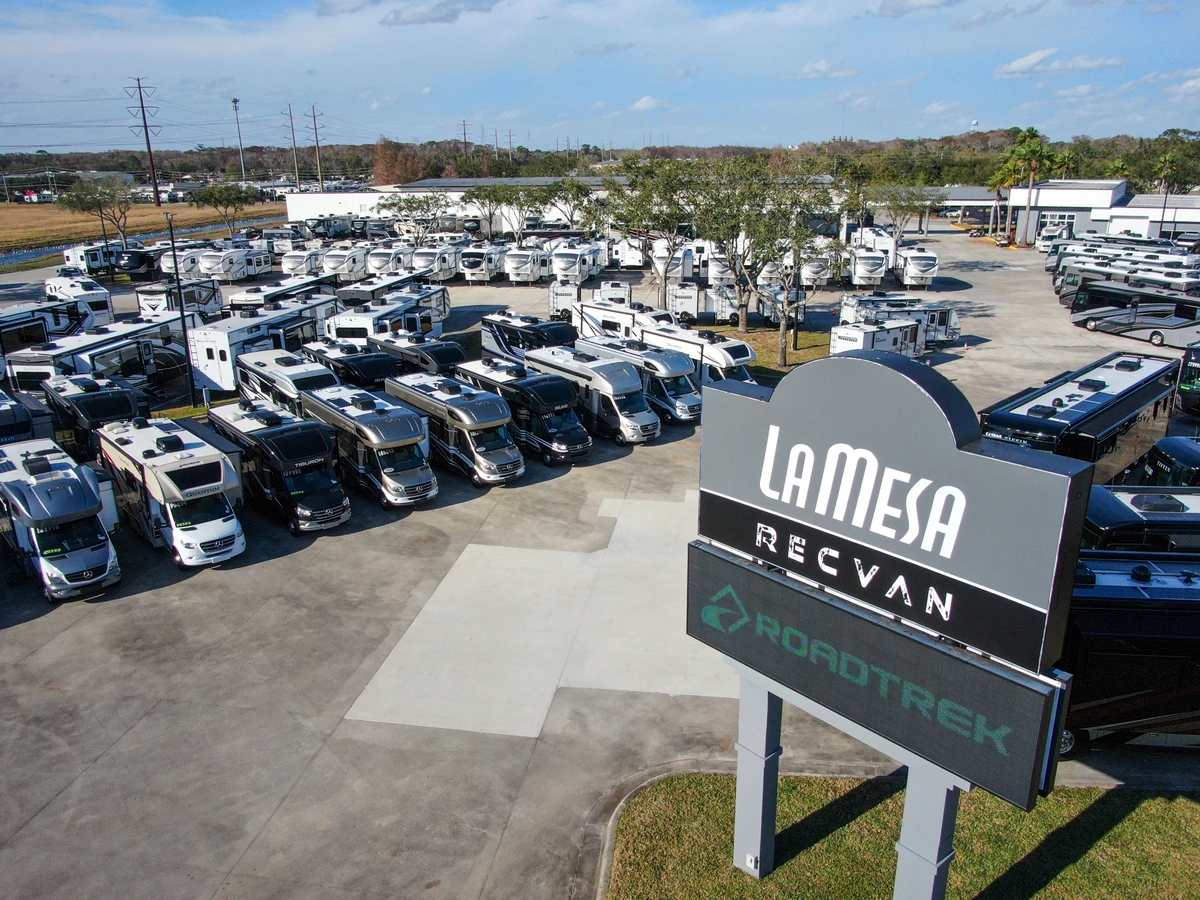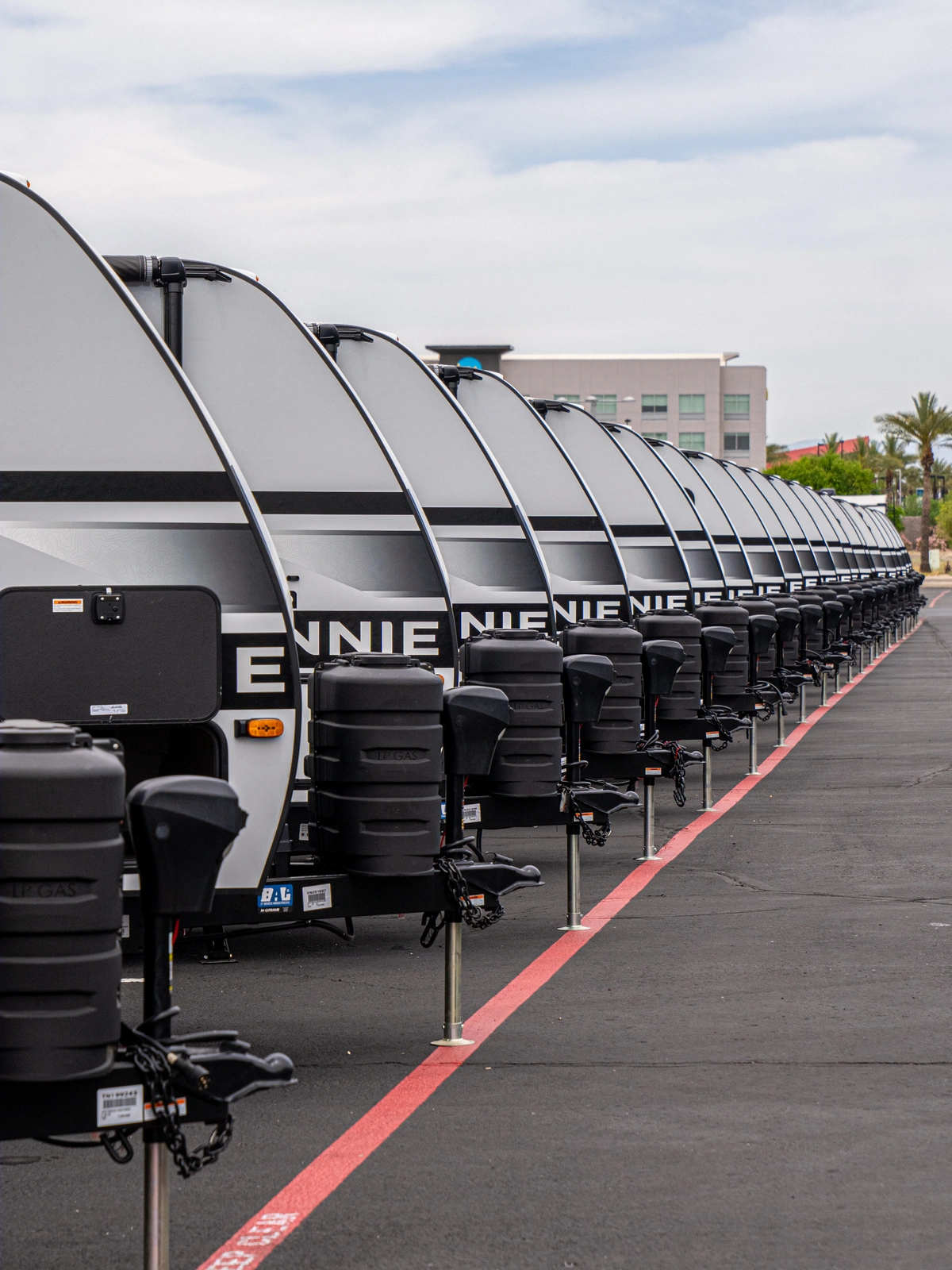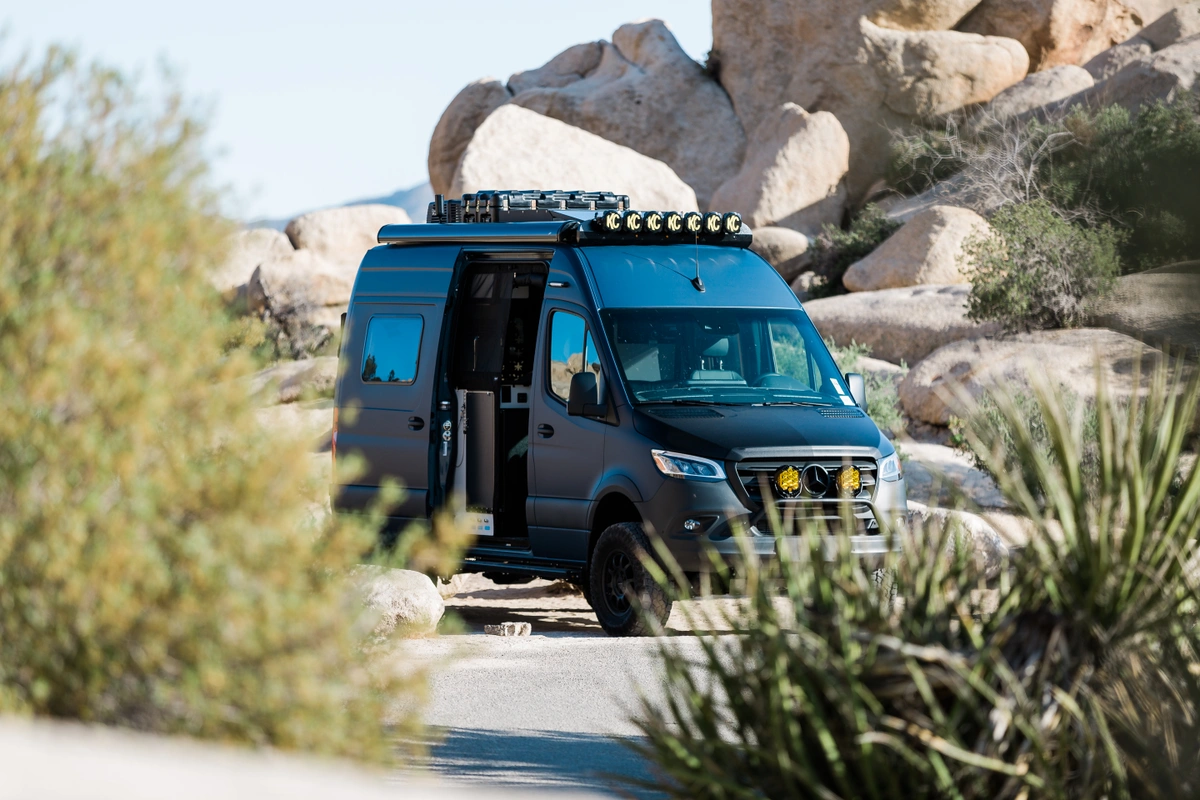Owning an RV is about embracing the freedom of the open road, but keeping your rig in top shape requires regular maintenance. Whether you're a weekend warrior or a full-time traveler, staying on top of these essential tasks will ensure your RV remains road-ready throughout the year. This comprehensive guide covers everything from pre-trip inspections to seasonal upkeep, providing you with the peace of mind to fully enjoy your adventures.
1. Pre-Trip Inspections: A Safe Start Every Time
Tire Care: Inspect for proper inflation, tread wear, and damages. Rotate as needed and ensure the spare is ready.Fluid Levels: Check and top off engine oil, coolant, brake, and windshield washer fluids.Battery Check: Test charge, clean terminals, and ensure secure connections.Lights and Signals: Verify functionality of all exterior lights for visibility.Brakes and Suspension: Inspect brake pads and listen for unusual noises during a test drive.2. Engine and Mechanical Maintenance
Oil Changes: Follow recommended intervals for smoother rides.Air Filters: Replace dirty filters for optimal performance.Belts and Hoses: Inspect for wear and cracks, replacing them proactively.Transmission and Drive Train: Regularly check fluids and components for reliability.3. Interior and Exterior Cleaning
Exterior Wash: Prevent rust and maintain aesthetics with regular cleaning.Roof Inspection: Repair leaks and seal damage to avoid costly issues.Windows and Seals: Keep windows clear and reseal any cracks.Interior Upkeep: Vacuum, clean, and maintain furniture for comfort.4. Seasonal Maintenance Tips
Spring Prep: Test appliances, check the water system, and inspect air conditioning.Summer Cooling: Ensure proper functioning of coolant systems and air conditioners.Fall Safety: Inspect heating systems and propane tanks for the colder months.Winterizing: Drain water systems, add antifreeze, and cover your RV for storage.5. Long-Term Care Practices
Regular Inspections: Schedule professional annual inspections.Proper Storage: Use quality covers and tire protection during off-seasons.Maintenance Logs: Document repairs and upgrades to enhance resale value.


